It's been 100 years since Woody Guthrie took his first breath of Oklahoma air. Although he died more than 45 years ago, Woody is more alive today than many people still walking around the planet. He was one of the first artists to teach me about roots in music and life. He brought my mother and I together at a time when most teens felt alienated from their parents. He nudged me into writing, to being unafraid of the creative thought and expression. In 1967 I was a barefoot kid running around the beaches of Southern California. My Texas mom seemed to me to be a staunch and pious Southern Baptist. She was not real happy with the influence of the surrounding counter culture. On Sunday's she'd box my ears and send me off to church to listen up and rededicate my life to Christ because she knew the music couldn't have been good for me.
But, I was an explorer. I thought way too much back then. After a virginal infatuation with The Monkees in 1966, I discovered in '67 they loved a flamboyant guitarist named Jimi Hendrix. I bought his albums and absorbed all I could from him. In 1968, I heard that Jimi Hendrix loved Bob Dylan. I bought his albums and absorbed his music like a rolling sponge. Reading a paperback biography on Dylan led to the discovery that the singer-songwriter worshiped Woody Guthrie. I couldn't find any records by Woody so I bought his autobiography, Bound For Glory. Soon, I ordered a three record box set of the Library of Congress Interview with Alan Lomax from 1940. It was an intimate talk with a 27 year-old Woody telling stories and singing songs. My mom heard it. His Oklahoma twang echoed all over the house as I played the album as loud as possible. His stories of freight trains and the Great Depression filled our house and Mom listened. Soon, she joined me in reading Bound For Glory.
One night she called me into her bedroom. With the book in hand, she smiled at me and told me, "I have a story to tell you." She told me how in 1940, my father and her had eloped from Central Texas to Oklahoma. Their method of travel was hopping freight trains. She told me how when they jumped onto the train a cluster of hands reached out to help them on board. She told me how they traveled through the Panhandle and parts of Oklahoma where they saw abandoned homes still caked thick with dust from the storms only a few years before. It seemed my religious Southern Baptist mom had been doing some hard traveling just like Woody.
As we read each chapter we both fell in love with Woody and his stories of hardship in America during the Great Depression. His stories always caused Mom to tell more stories. As she described her adolescence during the 30's I found she
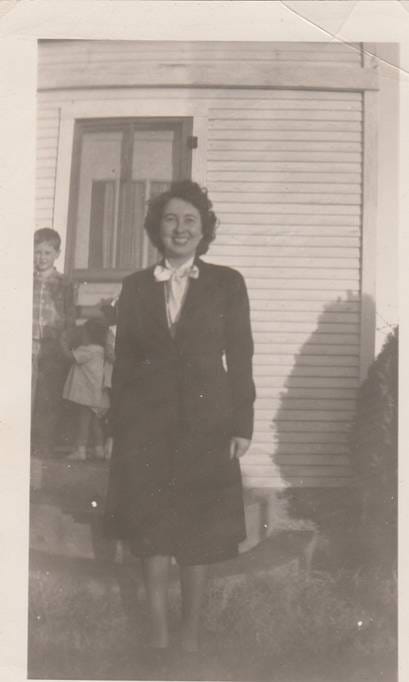
was not the stern Baptist I had taken her for. As she told it, she was a really popular girl in her small town of Greenville, Texas. Our family photographs reveal that she was really quite the beauty.
She attracted many suitors, but the one she fell for would later be my dad. He was a troubled kid who ran afoul of the law. By the time he was 18 he had already been to reformatory. Even so, he was a bright and gifted young man with a unique wild streak that attracted her.
His father was an evangelistic preacher whose bad temper wouldn't allow him to pastor a regular church. Instead he specialized in the hell-fire brand of religion. When he wasn't behind a pulpit he took his anger out on his sons. My dad ran from his abuse and rebelled from his religion.
Mom knew she could love the wild out of him. My dad had constant hard luck. He even had the eight letters of the two words tattooed on each finger, h-a-r-d l-u-c-k. He was killed in a plane crash in Hobbs, New Mexico in 1956. I was a little over a year old. In my 14 year-old mind I saw my dad and Woody as brothers. The more I listened to Woody the closer I felt to my dad and my mom.
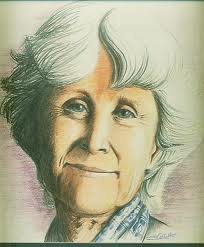
I became so absorbed in Woody that I decided to write an English paper on him. For research I wrote to the Committee To Combat Huntington's Chorea that was included with the Library of Congress box set. In a matter of weeks I received a fat letter with articles and resources. Included was a two-page personally type-written letter signed Marjorie Guthrie. She wrote how proud she was to know I was interested in Woody. She told me about upcoming tribute concerts and said that one would be coming to L.A. She encouraged me to stay interested in Woody and folk music and hoped that one day we would meet. At 14 years old I was ecstatic. Now, at 57, I find it amazing that she would take the time sit down and write a 14 year-old kid in Southern California.
As the years passed, I did keep up my interest in Woody Guthrie and folk music. I learned to play guitar. Woody's songs were always the most inviting to learn. It was to Mom's delight that I could sing Woody songs. Of course, it was "This Land Is Your Land," that I learned first. But, she also loved "Oklahoma Hills." When Joe Klein's biography came out in the 80's I read it and rekindled my love for Woody. Mom did too. We talked, laughed, cried and read our favorite passsages out loud. Funny how much you learn about somebody when reflected through the image of a light like Woody. Mom no longer seemed at all pious, but downright hip. As I grew into adulthood I remembered how she used to sing to me. She told me she sang me songs while I was still in her womb. "Paper Moon," and "You Call Everybody Darling," were two of her favorites. She would sing to me and then say quietly, "God didn't give me the voice, but he did give me the heart."

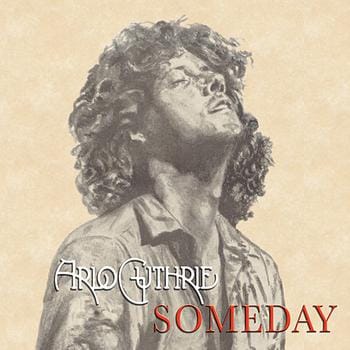


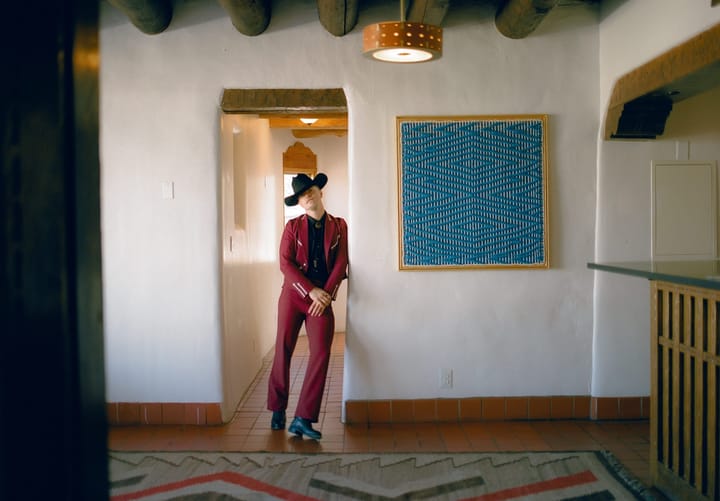
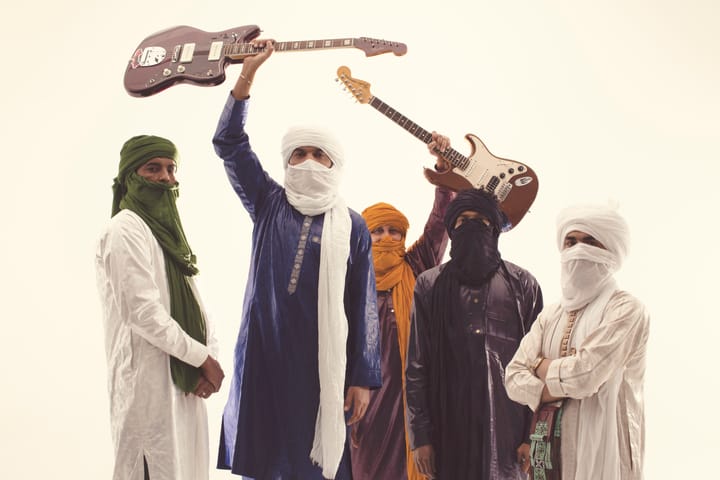
![The Art of the Cover Song [ESSAY]](/content/images/size/w720/2026/01/DAVID-HUCKFELT--4--by-Graham-Tolbert-1.jpg)
Comments ()